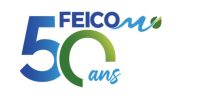The ED-TECH FEICOM-UNICEF Project
FEICOM – UNICEF partnership for “child-friendly councils”
Investing in the education and training sector is a priority for FEICOM as it is the foundation for the development of any nation. This is why the Institution allocates significant funds to this sector every year. Thus, between 1977 and 2022, an amount of CFA francs 43,887,392,343 was devoted to RLAs’ projects within this sector, mainly for the construction and renovation of classrooms and the acquisition of desks. Nevertheless, it is important to point out that the organization, which has taken up a holistic approach to development, systematically includes gender-differentiated toilets and access ramps for people with reduced mobility into the funded structures. For some years now, water and energy supply systems as well as on-call housing have also been included in the minimum package implemented. Furthermore, as part of the preservation of the environment, trees are planted around the built infrastructure.
To all these actions is added each year, by virtue of its corporate social responsibility, the contribution to academic excellence ceremonies through donations of educational materials.
In the quest to fulfil its commitment to the well-being of children and the improvement of learning conditions, FEICOM has joined forces with the United Nations Children’s Fund (UNICEF) which is the United Nations agency responsible for defending children’s rights. FEICOM and UNICEF have jointly taken the commitment to carry out actions to meet children’s essential needs and promote their full development, in particular by raising the awareness of local authorities or by developing and financing innovative projects contributing to the rise of “child-friendly councils”.
This new partnership allowed FEICOM to join the LOCAL GROUP OF PARTNERS FOR EDUCATION (LEG) in 2022, which is the task force responsible for advancing the vision of an inclusive education in Cameroon. With its partners and jointly developed projects, the Institution intends to intensify its actions aimed at mobilising funding for the promotion of the education and training sector.
Other projects
-
The “MY DREAM SCHOOL” Project
To improve school infrastructure through the construction and renovation of classrooms and the acquisition of desks and benches.
-
FEICOM standard plans
Design of standard plans and a set of support tools allowing for better supervision from the design to the completion of projects.
-
Garden cities
Designed to ensure healthy living and working conditions for the population. It is an ecological city that meets the challenges of the 21st century and the satellite of a large city.
-
The Littoral ZAC
This is a development project implemented on a number of islands located in Douala VI Sub-divisional Council, Littoral region, in the form of a Concerted Development Zone (ZAC).
-
Regional Council Headquarters
Enables FEICOM to participate in the production of better quality structures likely to give a specific identity to the projects financed by the organization.
The ED-TECH FEICOM-UNICEF project
The partnership between the two Institutions has also enabled the joint conception of the innovative “ED-TECH FEICOM-UNICEF” project which is a continuation of the actions undertaken to promote access to education for all. The aim of this project is to address the disparities and inequalities in educational coverage, the digital divide in an increasingly connected world and where the COVID-19 crisis has made it possible to highlight the opportunities offered by digital technologies in learning.
The “ED-TECH FEICOM-UNICEF” project, which has been conceived as a multi-year project, is based on the strong idea that the modernisation and integration of the educational system, as well as the equal distribution of access to education are necessary prerequisites for the economic growth of the Nation. As such, it will contribute to reducing imbalances between urban and rural areas and also improve the learning outcomes of children and teenagers in Cameroon through the establishment of integrated systems which will make it possible to achieve:
- Better education governance by promoting interconnection between the stakeholders and infrastructures of the education and training ecosystem (Region, Council, Divisional and Regional Delegations of Basic Education, schools, public high schools and colleges)
- Better uptake of NICT from preschool thanks to the provision of digital equipment, the teaching provided and the creation of digital hubs within school establishments
- Stabilisation and professionalisation of management staff by strengthening the human capital and upgrading reception infrastructure
- Improving learning conditions through the rehabilitation of schools and/or the construction of classrooms in keeping with the “my dream school” model and minimum package.
In a world where economic and social development is speeding up, mainly as result of innovation and new technologies, it is absolutely necessary to build the capacity of learners and teachers in order to achieve the government’s strategic objective which is to convert all young graduates into competent actors endowed with the knowledge enabling them to face the challenges of the current and future professional world.










